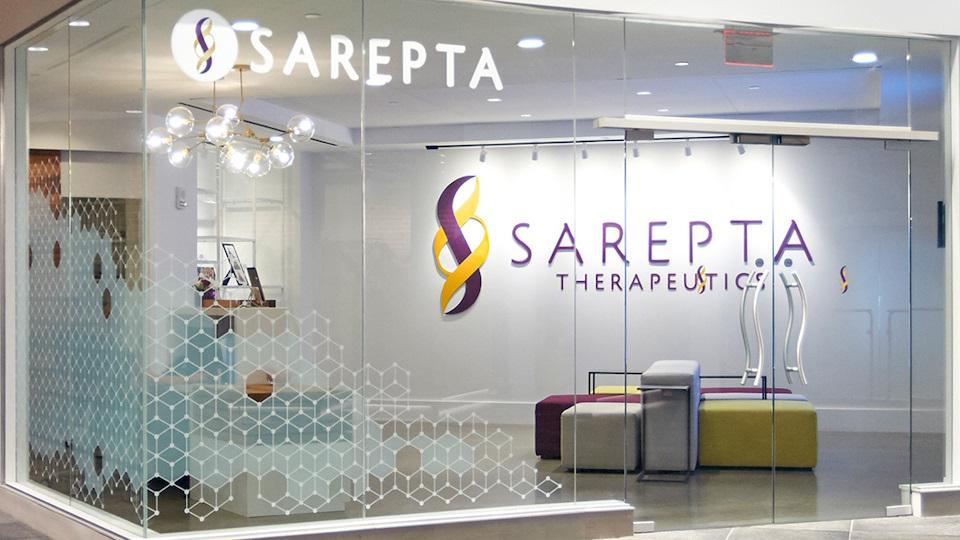Sarepta bags key expansion to DMD gene therapy label in US

Sarepta’s gene therapy for Duchenne muscular dystrophy (DMD) will be an option for many more patients in the US after the FDA expanded the breadth of its approved labelling.
Elevidys (delandistrogene moxeparvovec) can now be used to treat both ambulatory and non-ambulatory boys aged four and above with DMD, a major expansion on its earlier accelerated approval with a very narrow label covering ambulatory boys aged between four and five.
Along with imposing no upper age limit – a major boost for patients hoping to get access to the drug, as well as to Sarepta – the new decision also converts Elevidys’ accelerated approval into a traditional, full approval, which should help the company secure reimbursement of the $3.2 million one-shot therapy.
The outcome of the review was not certain, given that Elevidys was unable to meet its primary objective in the phase 3 EMBARK study reported last year, with a non-significant increase compared to placebo at 52 weeks on the North Star Ambulatory Assessment (NSAA) scale, widely used to measure motor function in patients aged four to seven with the muscle-wasting disease.
The gene therapy also failed a key efficacy endpoint in the SRP-9001-102 study that led to its accelerated approval, as it was unable to outperform placebo in improving patients’ functional performance, a decision that has been criticised by David Rind, chief medical officer of the Institute for Clinical and Economic Review (ICER), a US-based non-profit health technology assessment (HTA) body.
In a statement, the FDA said it had opted for the broad label for Elevidys based on “the totality of the evidence, including the potential risks associated with the product, the life-threatening and debilitating nature of the disease and the urgent unmet medical need.”
In particular, it highlighted “compelling” improvements over placebo on secondary endpoints like improvements in time to rise from the floor, 10-metre walk/run, time to ascend four steps, and creatine kinase levels – a biomarker for muscle damage.
Sarepta’s share price rocketed more than 40% in after-hours trading to $123.50, reflecting the best-case outcome of the FDA’s review and its potential to unlock additional sales growth for the gene therapy.
Elevidys was first approved a year ago, making $200 million in sales last year and $134 million in the first quarter, suggesting that the therapy’s price has not been a brake on take-up, given its potential fundamentally to change the course of the disease for DMD patients.
That total far exceeds all other gene therapies approved in the US in the last few years, so the expanded label could in some respects herald the arrival of gene therapy as a mainstream part of healthcare.
Meanwhile, the failure of Pfizer’s phase 3 trial of rival DMD gene therapy fordadistrogene movaparvovec leaves Sarepta with no competition, at least in the near term. Sarepta hasn’t yet given any indication of its sales expectations for Elevidys this year, but more information may be forthcoming on a conference call with analysts later today.













